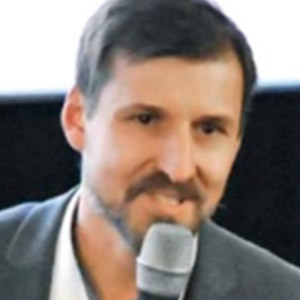
Olivier Tejerina started his career in the health sector, then in continuing education management. He holds two complementary masters degrees in education systems and management from the University of Geneva, and for several years has been head of continuing education at a university.
In September 2023, he will be defending his Executive Doctorate of Business Administration on the subject of « Better understanding transversal competencies and their impact on individual employability», a multi-case study on the representations of employees and employers in the fields of health, social and economy & services sectors in Geneva, Switzerland.
Thesis Direction
Pr Aurélie Dudezert
Thesis Title
A better understanding of cross-disciplinary skills and their impact on individual employability; employer and employee representations & cross-disciplinary skills.
Abstract
The objective of this thesis is to study the impacts of an institutional logic change on the value propositions of a business model. Institutional logics represent a set of beliefs and practices of an organizational field (Scott, 2000). Therefore, the change from one dominant logic to another implies changes in practices. Here, we study the impacts on the value propositions of the business model in the field of radiology in the French-speaking Switzerland where the health system has the particularity of being a hybrid model (private-public). The method used is the qualitative case study which allows an in-depth analysis of a phenomenon by taking into account the real context (Yin, 2009). The data collected will come from semi-structured interviews with radiologists and articles in specialized journals. The data will then be analyzed by coding according to the method of Atkinson (2002) inspired by the work of Miles and Huberman (1994). By analogy with sustainable enterprises that are governed by commercial and non-commercial logics, we expect heterogeneity in the business model and value propositions combining elements of these multiple logics. Thus, we expect to find ‘win/lose’ combinations of elements from these multiple logics.
The results of our research indicate the presence of three institutional logics which coexist with a relationship of dominance of the market logic over the other logics. Like the business model of sustainable companies, the radiology business model incorporates value propositions derived from these different institutional logics. We have thus been able to identify value propositions that are compatible, particularly when the strategies of managers and radiologists are aligned. We also found incompatibilities, mainly between the value propositions derived from the professional logic. These conflicts are found in radiological institutes where the optimization and rationalization of resources are at the expense of quality and staff satisfaction. The radiology subspecialty was also identified as a source of conflict with other value propositions linked to a market logic and oriented towards the patient and the prescriber.

